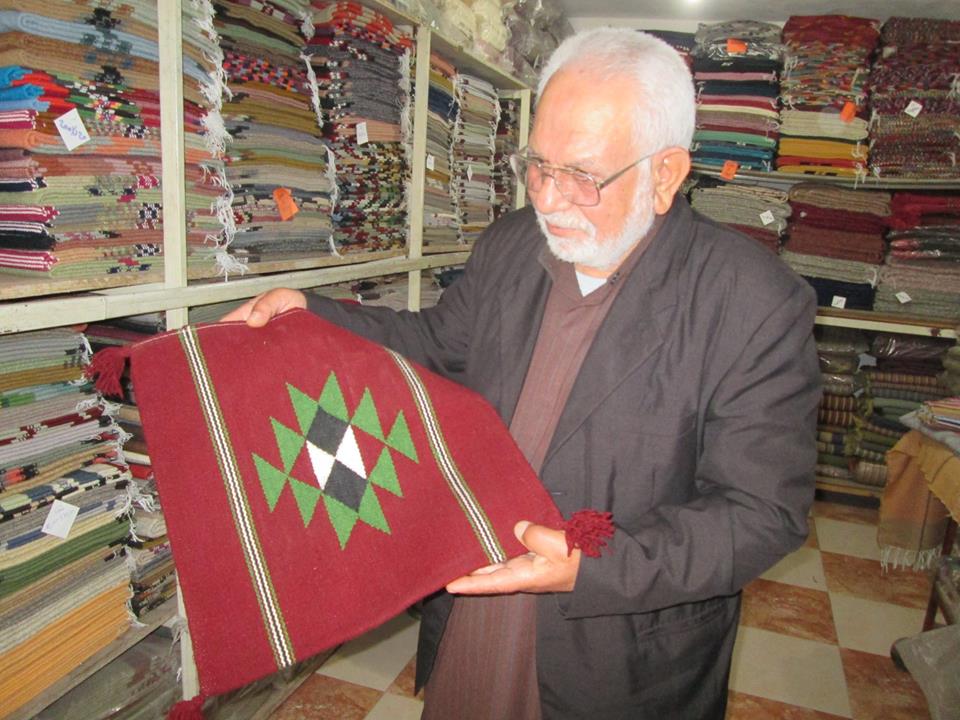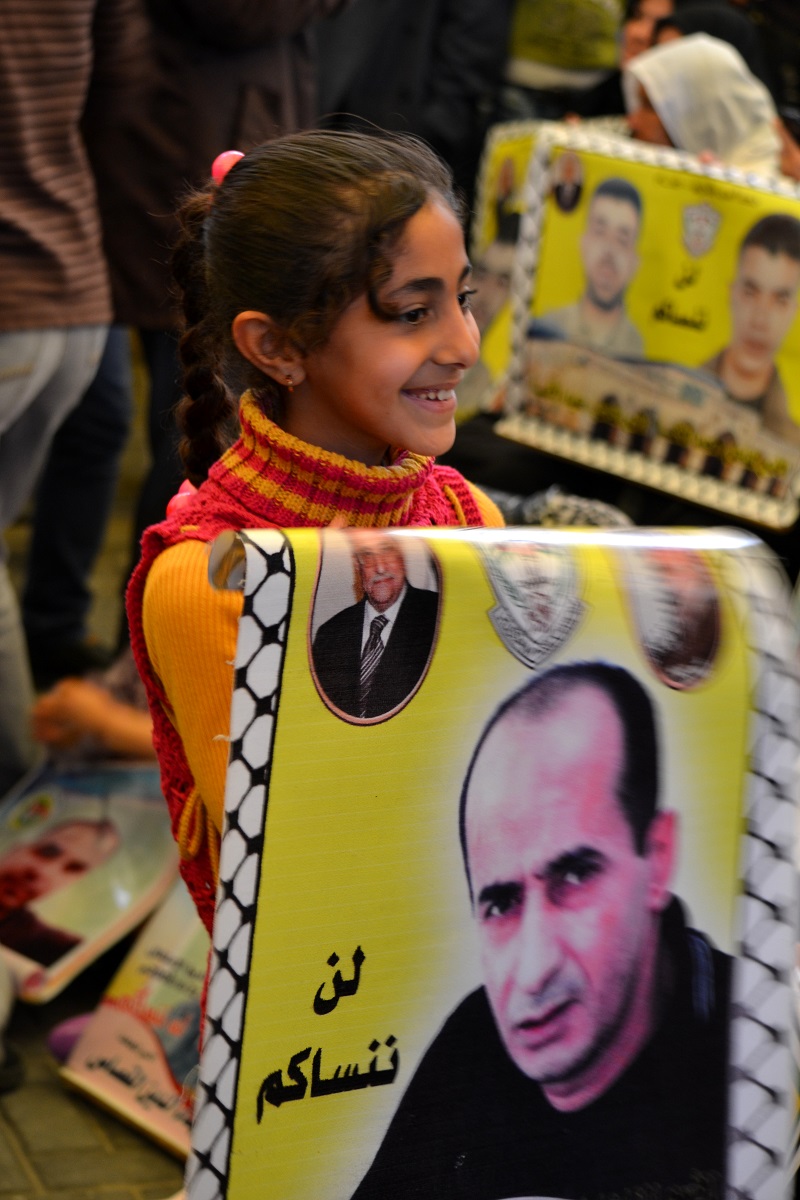Category: Gaza
-
“The reason is to wipe out Palestinian culture and history”: A Gaza carpet factory under siege
28th March 2014 | International Solidarity Movement, Charlie Andreasson | Gaza, Occupied Palestine Before we settle down for a glass of Turkish coffee among shelves filled with neatly stacked, woven carpets Mahmoud El Sawaf, 68 years old, shows me around the small factory. The tour goes pretty quickly. There ‘s only a mechanized loom and a manual one. The…
-
PHOTOS: Gaza calls for the rights of Palestinian prisoners and the freedom of Ahmad Sa’adat
27th March 2014 | International Solidarity Movement, Rosa Schiano | Gaza, Occupied Palestine On Monday, at the International Committee of the Red Cross in Gaza City, the weekly rally in solidarity with Palestinian prisoners in Israeli jails saw the participation of many prisoners’ families, released prisoners, and international and Palestinian activists. Each week, the rally focuses on certain topics, ranging…
-
VIDEO: Land Day, Gaza Strip
27th March 2014 | International Solidarity Movement, Marco Varasio | Gaza, Occupied Palestine On Land Day, 2014, the Union of Agricultural Work Committees in Beit Hanoun, Gaza marched toward the separation barrier in the “no-go zone.” Israeli occupation forces fired tear gas canisters to break up the peaceful demonstration. Two people were overcome by the…



